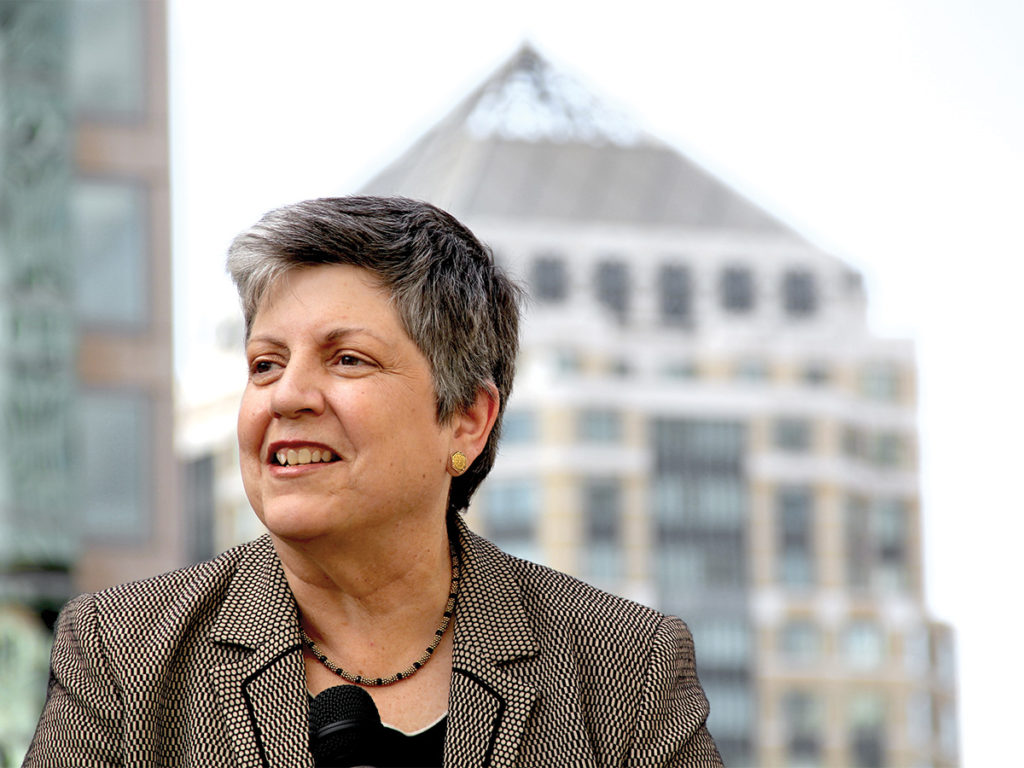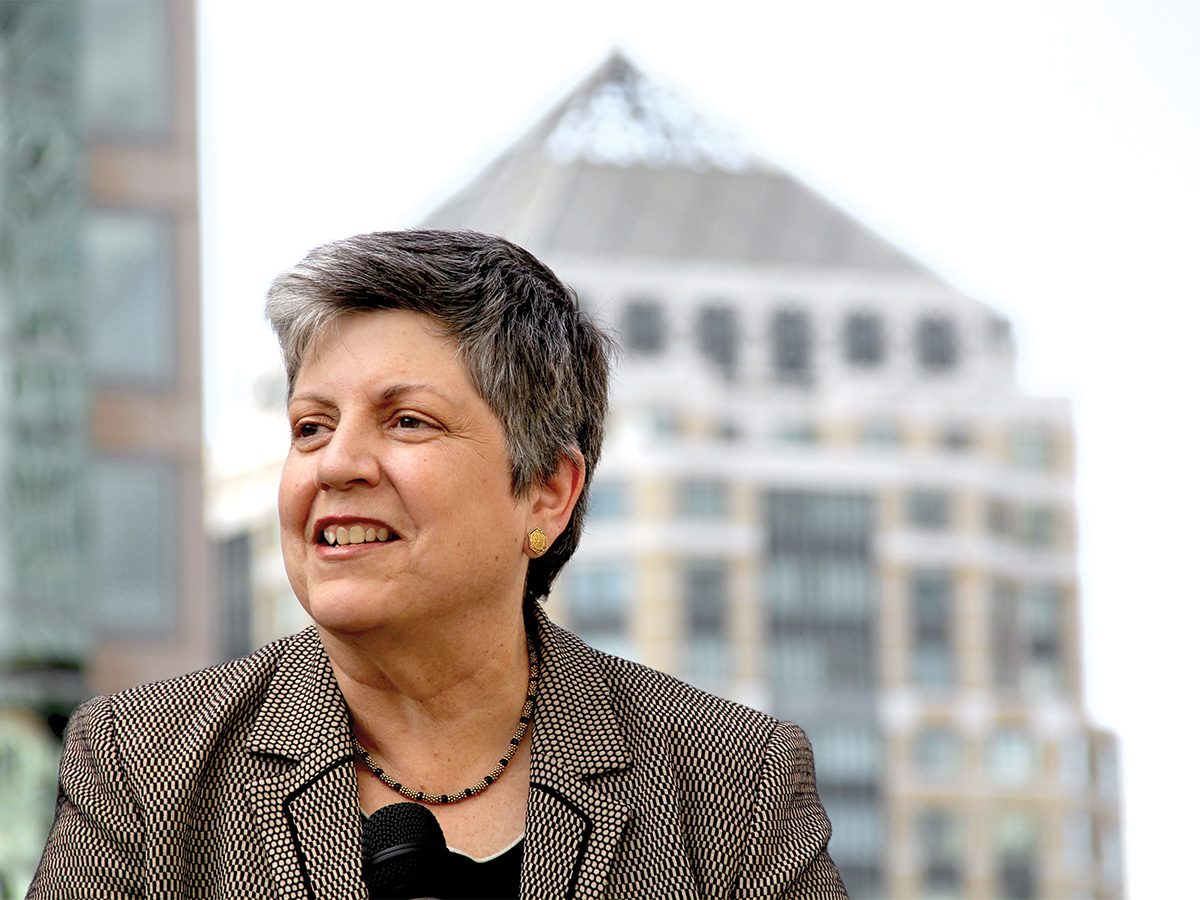
The University of California Office of the President (UCOP) has been under a great deal scrutiny in light of a scathing 177-page audit report exposing that it has been maintaining a secret reserve of $175 million. Such a revelation is especially damning considering that the UC Regents approved a 2.5 percent tuition increase per student throughout the UC system only in January of this year. The tuition hike, UC President Janet Napolitano reasoned, was necessary in order to continue providing students with high-quality educations. However, this audit reveals that the UC system is not as poor as it has presented itself to be and undermines the idea that the tuition increase was even necessary in the first place.
The state auditor, Elaine Howle, also reported that the UCOP has been engaging in questionable budgeting practices and overpaying administrators. Howle explains that the reason why the UC Regents have managed to accumulate such a hefty sum of money is because they request more money than necessary from the state legislature and wind up not spending it all. Furthermore, she asserts that UCOP employees receive extravagant benefits — such as pricy reimbursements for food and entertainment. This does not reflect well on them, as they are being depicted as corrupt and duplicitous. It is outrageous that while UC students struggle to make ends meet, they appear to be living lavish lifestyles.
The fact that UCOP has been sitting on this secret stash of money while requesting increasing amounts of allowance from the state legislature and increasing student tuition fees depict them as greedy, self-serving and insensitive to the needs of the students within the UC system. Although Napolitano’s response adequately outlined that these funds are being used for recognized programs throughout the UC campuses, chief among them UCR’s medical school, the reality is that this reserve was unheard of prior to the audit and would have probably remained as such without it. Additionally, what she offered was a clarification — not an apology. She still fails to absolve UCOP from their wrongdoings since she was essentially defending their secrecy instead of expressing regret for their actions.
The hidden maintenance and application of this reserve presents a breach of trust that cannot be ignored. As a public entity, the UC system is expected to be open and honest about their practices. In fact, they already uphold financial transparency to some extent, which is why it is even more suspicious that this reserve was kept a secret in the first place. It seems that they did not want to be held accountable for what this money was being used for.
While this might not affect enrollment rates (after all, the UCs are regarded as some of the best public universities in the world and people are bound to seek such education — a fact that UCOP probably takes advantage of), it does affect UC administrators’ trustworthiness. The UCs claim to be committed to promoting social mobility, and have been known to accept a substantial amount of low-income and underrepresented students, yet are evidently not considering these groups when applying incredibly burdensome policies such as tuition increases. Furthermore, these hidden funds were concealed and hoarded, instead of being actively applied in ways that would immediately benefit students such as accommodating for increased enrollment sizes, providing housing for homeless students and repairing old buildings.
In order to rectify this wrongdoing, UCOP must be more forward with their finances. The $175 million dollars should be added to the formal budget, so that the state has a better idea of what the UC actually needs. Furthermore, details about how this money is spent should be available and specific, so that there is no room for further speculations of corruption and wanton spending.
Additionally, their budgeting practices must be improved. Perhaps the underspending was unintentional, but in the current context, it seems shifty and questionable. While a reserve for a rainy day is a respectable practice, there are issues within the UCs that need to be urgently addressed. Students must see these funds being reinvested into their schools and witness tangible results.
By withholding information about these funds and failing to display remorse about their deception, UCOP has essentially disrespected the students of the UC system and only further disrupted an already tenuous relationship. In addition to rebuilding their image, UCOP must also work toward reestablishing students’ trust in the UC system.








